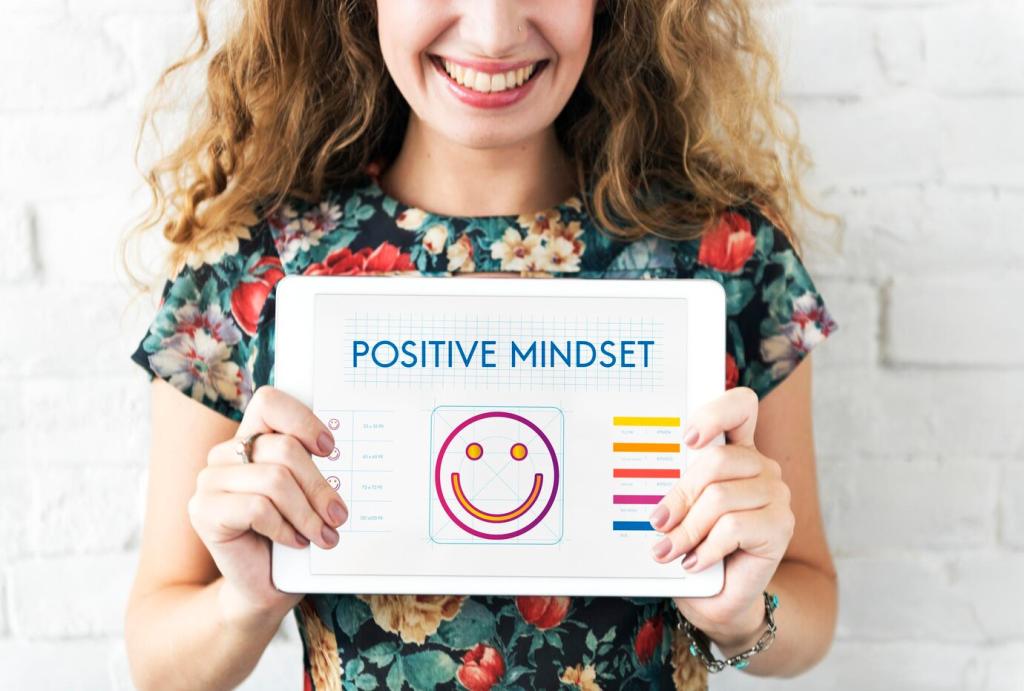Mindful Midday Reset
Put your phone away and eat at half speed. Notice texture, temperature, and flavor. If thoughts race, label them gently as planning or worrying, then return to tasting. Share your favorite mindful bite with us.
Mindful Midday Reset
Walk for five minutes and count five things you see, four you feel, three you hear, two you smell, one you taste. This anchors mood in present cues and breaks rumination loops compassionately.
Mindful Midday Reset
Before replying to a heated email, exhale fully and read it once as if a friend wrote it. Ask, what matters here? Respond from values, not adrenaline. Comment with your favorite de‑escalation phrase.




